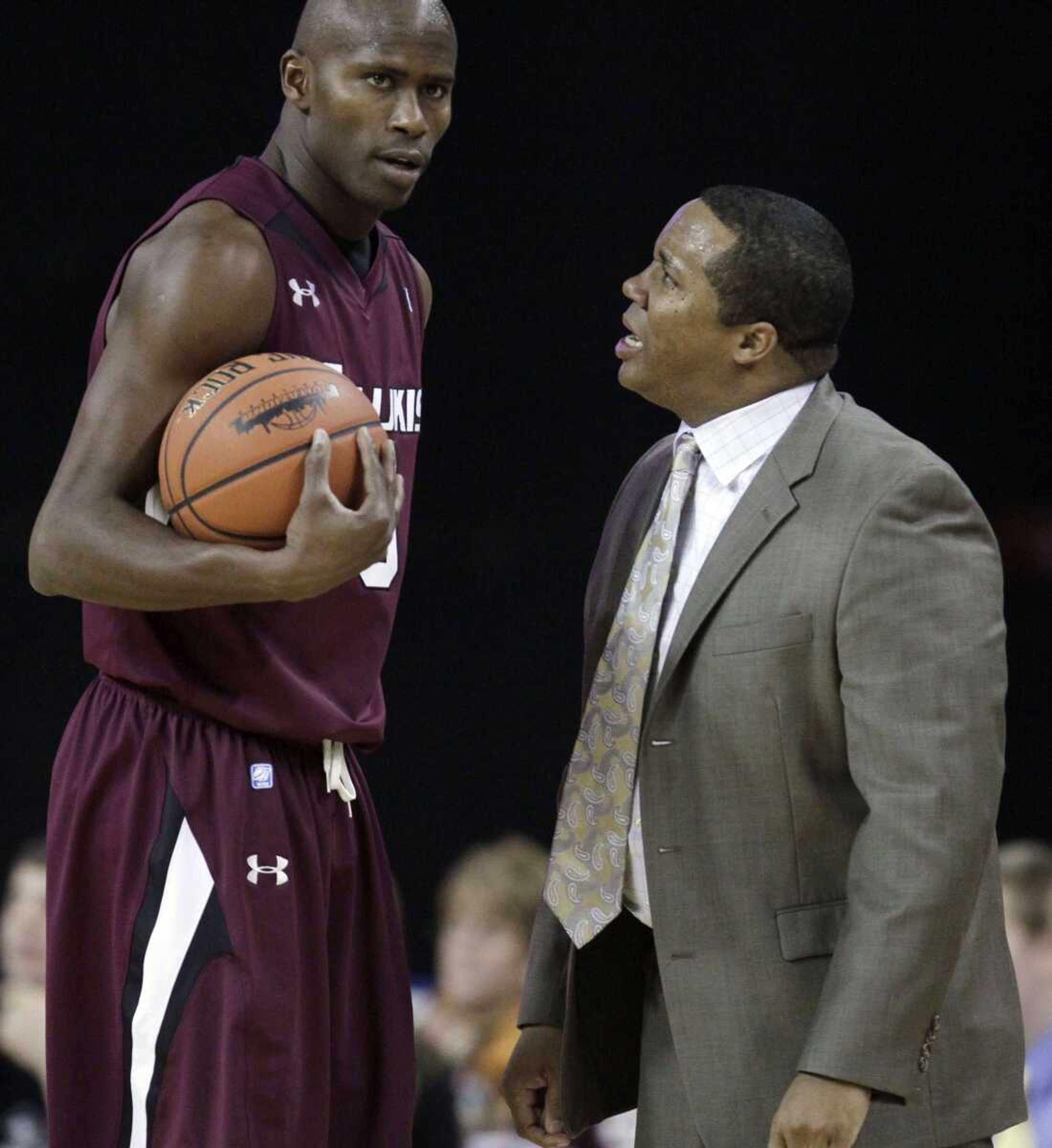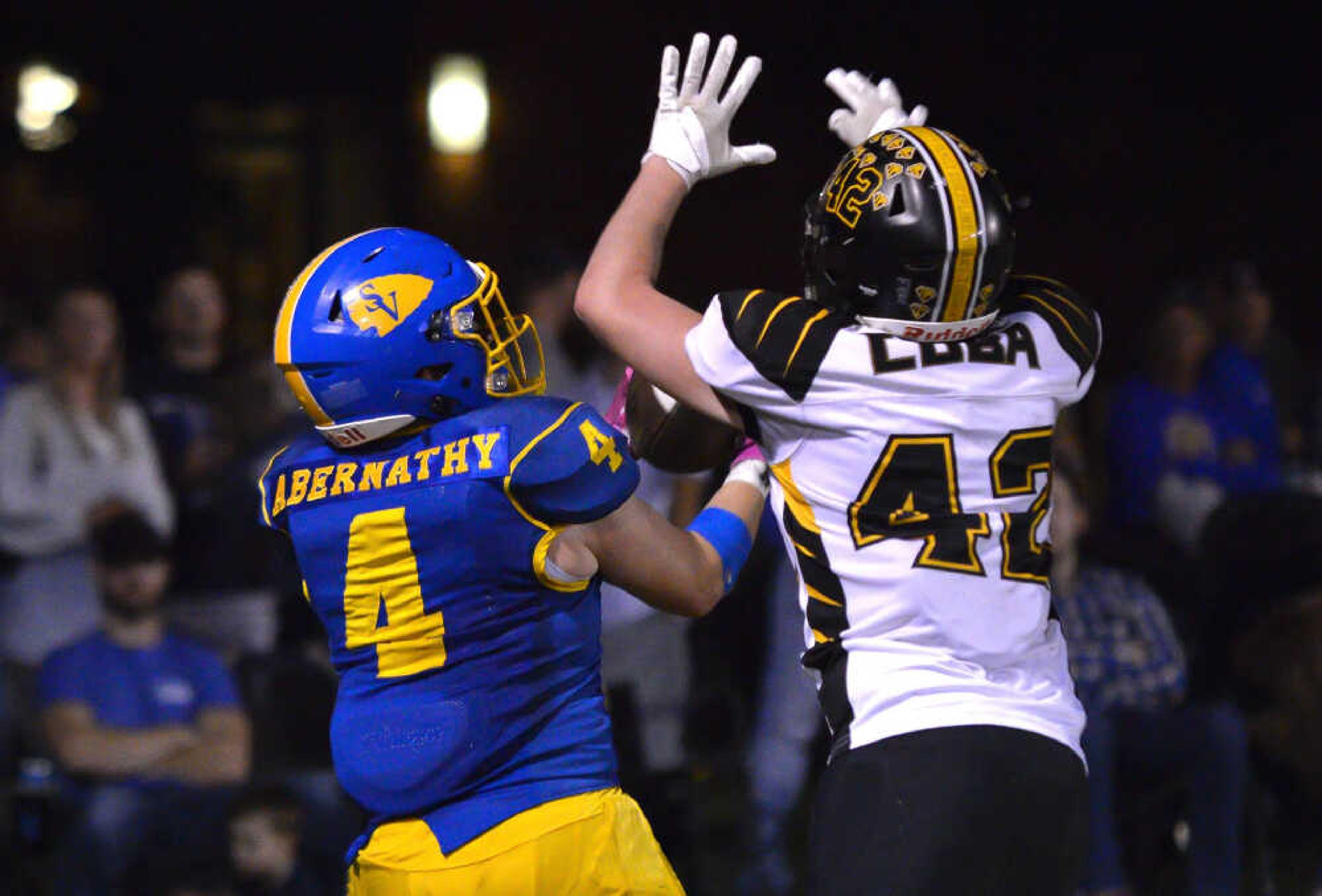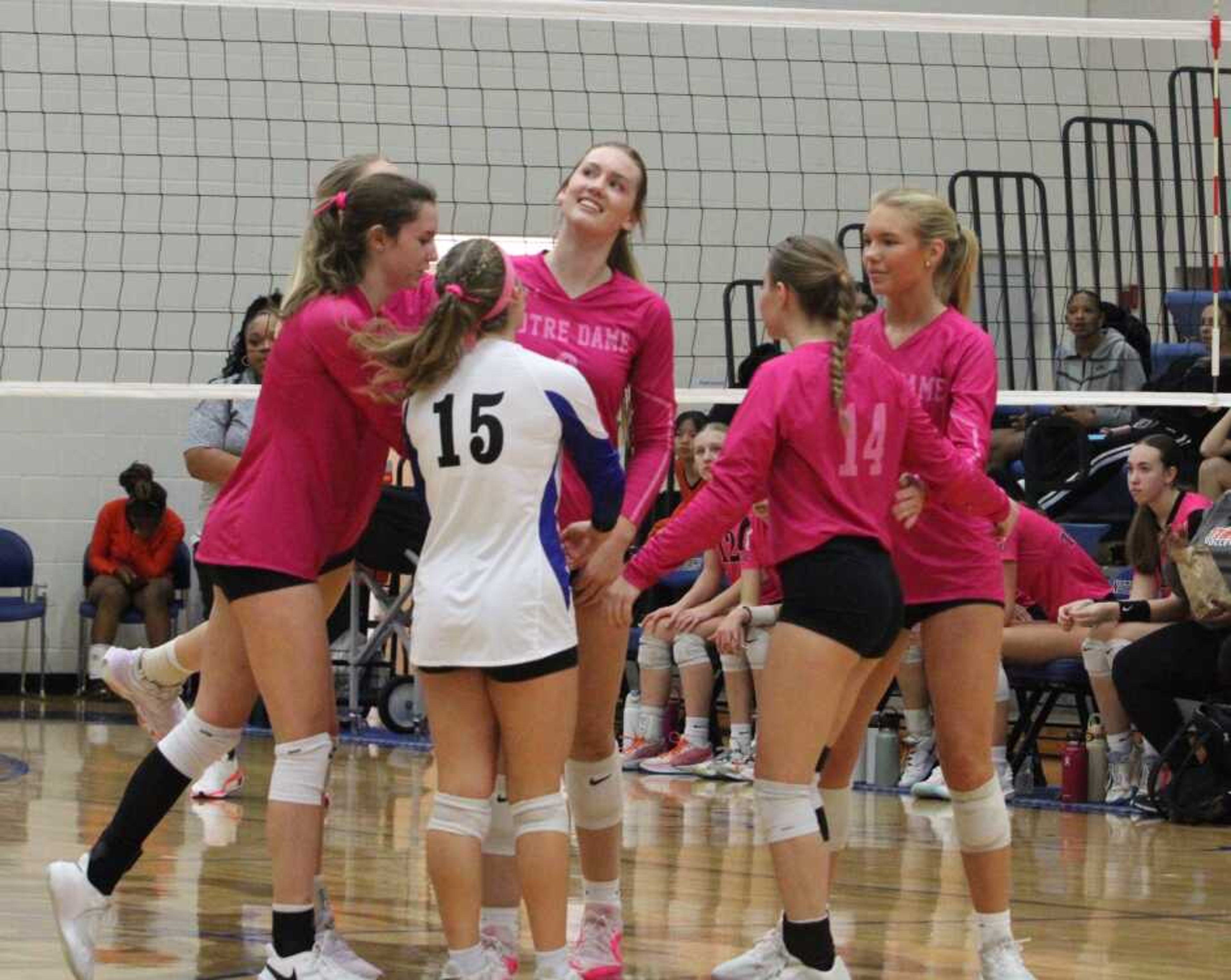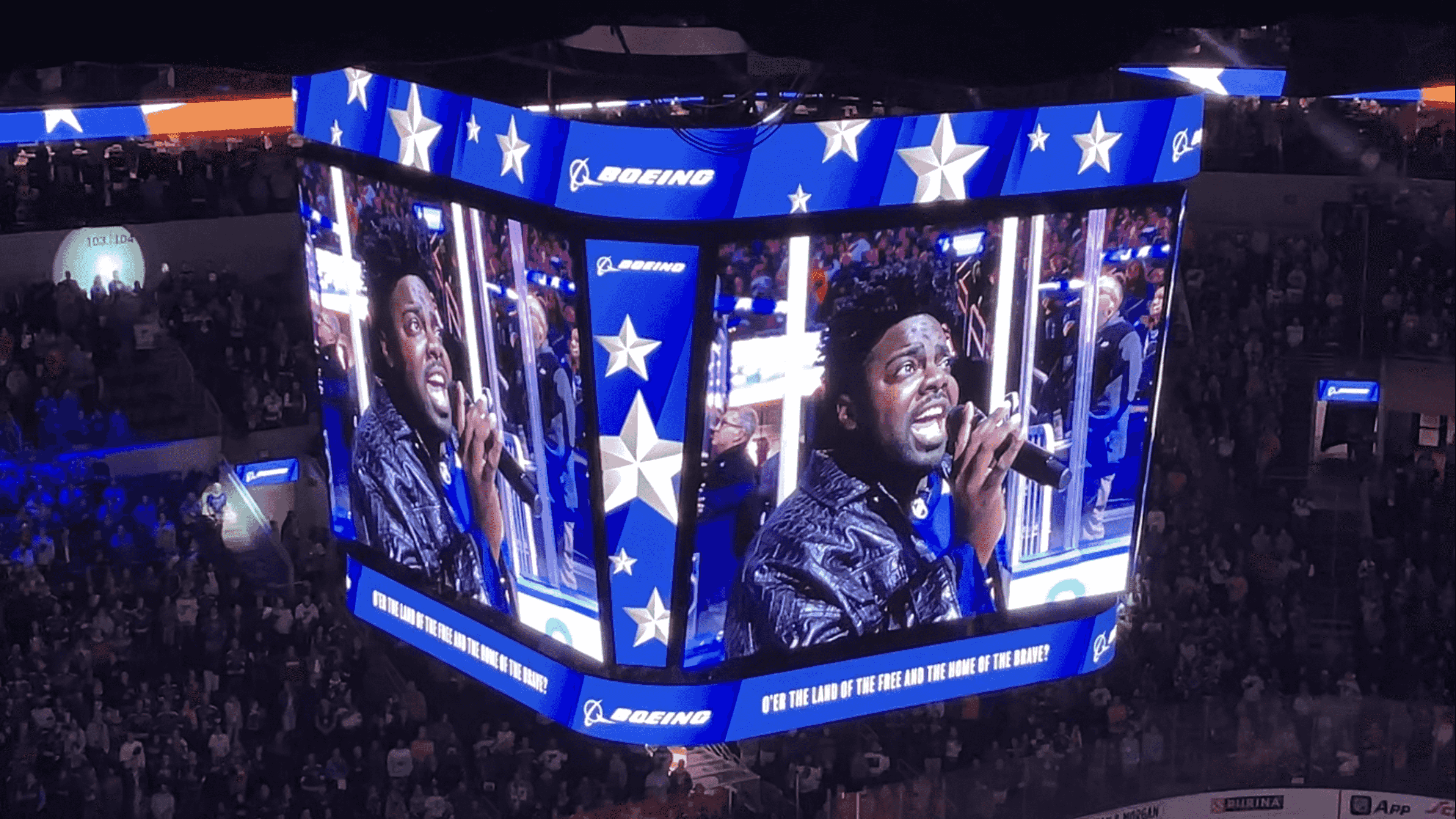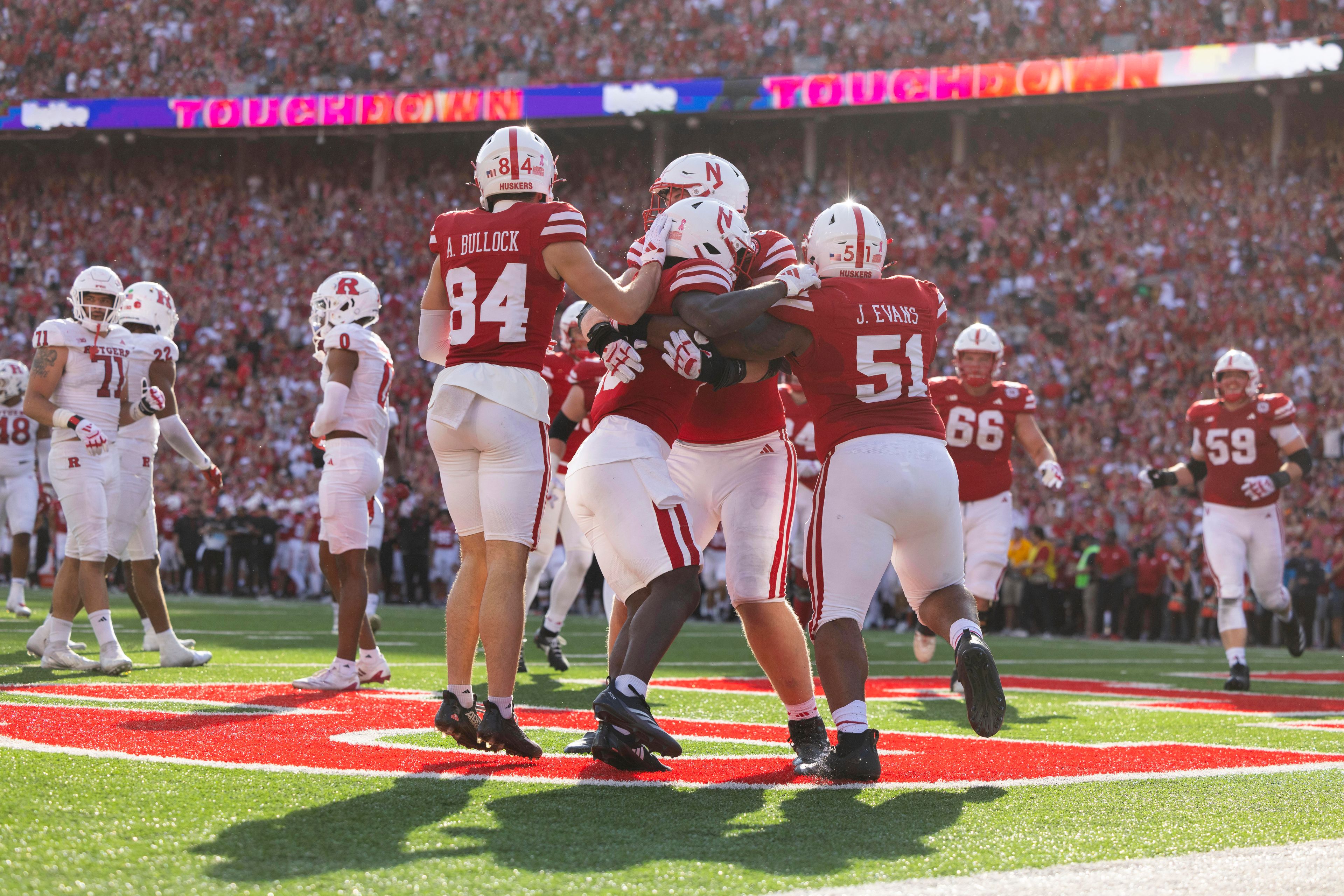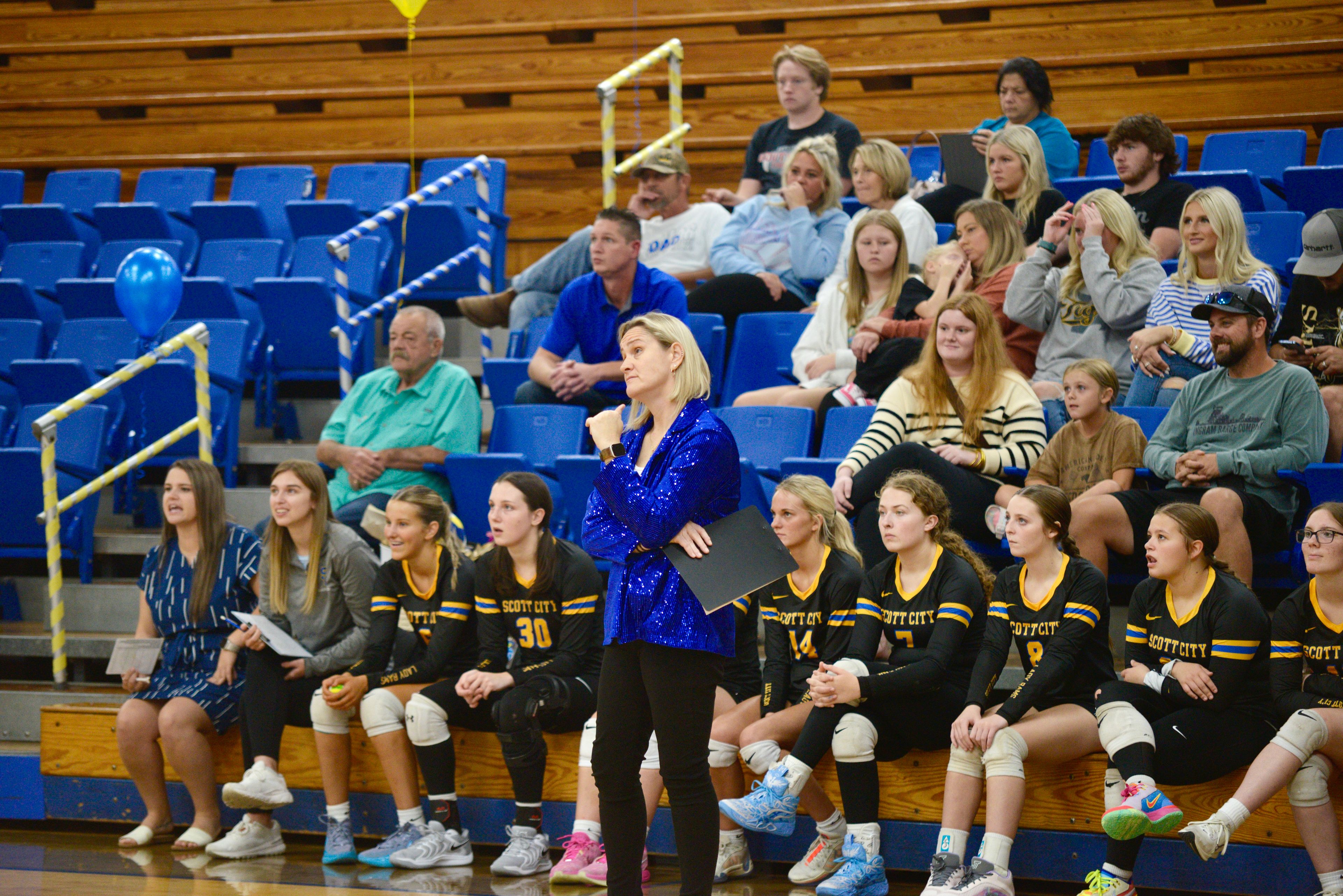Coaches also play the role of salesmen
College basketball coaches need to develop strong sales skills to succeed in the business. It's imperative they develop successful strategies to sell their programs and schools to potential recruits if the coaches hope to enjoy success. Coaches agree there's no better sales pitch than the prospect of playing for a winner...
College basketball coaches need to develop strong sales skills to succeed in the business.
It's imperative they develop successful strategies to sell their programs and schools to potential recruits if the coaches hope to enjoy success.
Coaches agree there's no better sales pitch than the prospect of playing for a winner.
"First and foremost, you have to have a winning program," Southeast Missouri State coach Dickey Nutt said. "Get your program to where it's a winning program year in and year out, get into the NCAA tournament."
Said Southern Illinois-Carbonale coach Chris Lowery, a former Southeast assistant: "Winning is one thing that really helps."
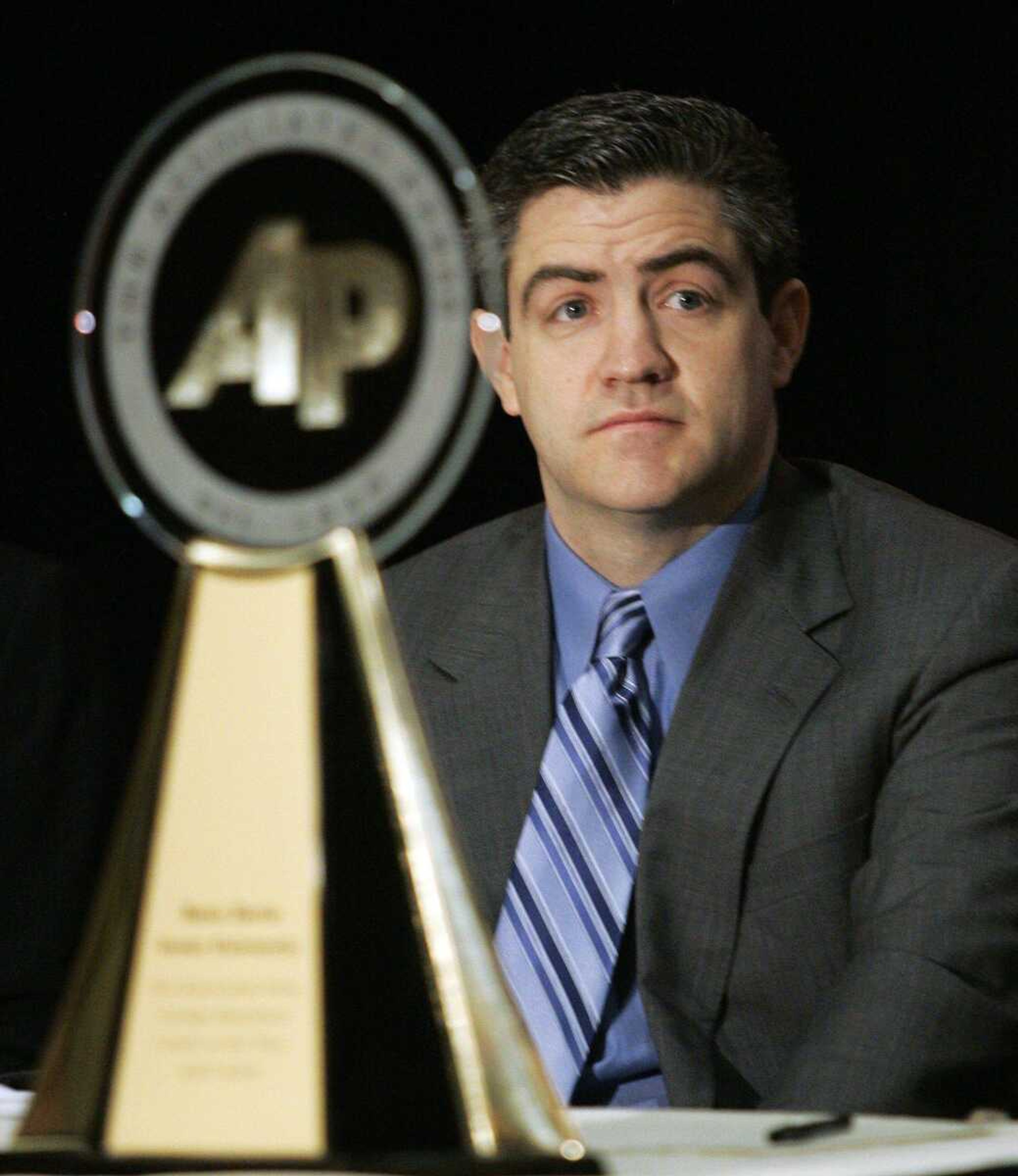
Added Providence coach Keno Davis, another former Southeast assistant: "A lot of things factor in, but maybe the biggest factor is having success no matter what level you're at. The kids want to win, and that's what we want. When you're at a program that's already winning, that sells itself."
Nutt, Lowery and Davis all coach teams that did not have winning records last year, although the programs at Southeast, SIU and Providence are at different stages right now.
Southeast is in a rebuilding mode as Nutt tries to turn around a floundering program that went 7-23 during his first season last year and only won three games the campaign before he took over.
SIU was among the nation's premier mid-major programs for most of the past decade, making six straight NCAA tournament appearances from 2002 through 2007, but the Salukis went just 15-15 in Lowery's sixth season last year after a 13-18 record in 2008-09.
Providence has had varying degrees of success over the years but went just 12-19 last season after a 19-14 mark in 2008-09 during Davis' rookie campaign.
While the three coaches try to direct their programs to consistent success, they say there are many other factors that go into making a strong recruiting sales pitch.
Facilities, the campus, the community, academics, style of play and developing strong personal relationships also weigh heavily in the recruiting process.
"Every coach is going to sell whatever they feel is attractive about their program, their style," Davis said. "We're trying to sell an up-tempo, fast-breaking style that will allow success not just in college but to let them try to play professionally at some level versus a team that tries to play a slow-tempo game.
"We can back that up. ... We were third in the country in scoring last year.
"Facilities are very important. They want to see good facilities, but they also want to see a commitment from the school that they're on the right track, that they're upgrading their locker room or practice court or whatever it is."
Said Lowery: "Everything factors in. You have to find out what the kids like. They're all different. You don't know until you talk to them what they want out of basketball, out of school.
"Those things are important, then you go from there. Facilities are always important. The eye candy stuff, they like it."
Nutt said he always gets asked certain things right off the bat by recruits -- and some people might find those things surprising.
"The first question I get asked by a young man and his family when I go into a home is, 'How long is your contract?'" Nutt said. "The second thing they want to know: 'How many games are you going to have on TV?' And a young man wants to know how quick he's going to play. Now a days we're in a microwave world. And then it goes to facilities, the arena, what's the dressing room look like, it's all part of it.
"I tell my staff every day, your office will be neat, our dressing room will be clean. Everything we do is a sell. We're trying to sell our program."
While Southeast's program has been down for a while, Nutt said it has plenty to offer.
"A lot of people don't draw like we draw," Nutt said. "Cape is a wonderful city, our campus is beautiful, our people on campus are friendly, the Show Me Center is a wonderful facility.
"It's so important everything is first class. The Show Me Center, the dressing room, young men want to be part of the best things. We want them to say that's the best dressing room they've been in, that's the best building they've been in."
Nutt, Lowery and Davis said it's vital to build a strong relationship with a prospective recruit to get him interested enough in the program to come on an official campus visit.
Under NCAA guidelines, each recruit is allowed five official campus visits where the university foots the bill for a 48-hour period.
"You try to give them a feel for your entire program, your school, what classes are going to be like, practices, games, what travel is going to be like," Davis said. "You try to get them to meet as many people as you can, whether it's teammates, instructors, so they can envision themselves coming to this school. And by the time they leave, they want to be here."
Said Lowery: "We try to get them on campus so they can understand what it's like on a regular day, not just on game day. You want to give them a realistic look at your campus."
The high-energy, engaging Nutt believes that once he convinces a recruit to take a visit, he and his staff can make a major impression.
"You try to convince them this is the place to be," Nutt said. "We'll take them to the finest restaurants, stay in the finest hotel. I want them to meet our athletic director, our president, our faculty adviser. We'll give them a tour of our facility, our campus. Depending on the time of the year, he'll see us work out.
"I'll make sure he's at my house, and if his mom and dad are with him, it may be dinner at my house. It's a 48-hour period of strictly entertaining, but I don't want any surprises. It also has to be very realistic.
"'This is the dorm you're going to live in, this is the class you're going to go to.' We want to make it as good as we can, but you have to be realistic with what their life is going to be like here."
Nutt said the hardest part right now, given the state of Southeast's program, is getting a recruit on campus.
"It has to do with relationships, to be able to convince a young man to come on campus. If we can just get them on campus," Nutt said. "Right now I'm not sure a young man is waiting in line to hear what Southeast Missouri has to say. I have to convince them to get here so I can show them the Show Me Center, our campus, our community."
Nutt cited as an example Zach House, a 7-foot junior college center who signed with Southeast in April. Nutt recalled a conversation he had with House's father following an official visit.
"When his dad drove away, he told me, 'Coach I have to be honest, when Zach told me he wants to come here, I rolled my eyes. I told him I'd go with him, but I said I assure he's not going to SEMO. But after I left your house, the campus, I said wow,'" Nutt recalled. "If I couldn't have gotten him to campus, we couldn't have done that."
Before recruits actually make campus visits, coaches make initial contact through telephone calls and later home visits. The NCAA limits the number of times coaches can call and visit homes. It also banned text messaging in recent years.
"It starts on the phone, convincing this young man to come visit," said Nutt, who said he also is trying to fight the stigma of NCAA probation for violations committed by the previous coaching staff in addition to trying to sell a losing program. "Right now we're fighting a lot of things. When you get down to a good player and he's starting to make a decision, unfortunately other schools throw rocks. 'Why would you want to go there, they only won so many games, they're on NCAA probation?'"
Davis said he tries not to wear out recruits on the phone.
"A lot of kids don't want to spend lot of time on the phone," he said. "Just getting them to understand you really want to coach them."
While assistant coaches are a major part of the recruiting process, Nutt said he prefers to make home visits.
"Your assistants do a lot of the initial work, the evaluation, evaluating their transcripts," Nutt said. "When it comes to going into the home, I have to do that. The young person really has to know what the head coach is going to be like."
Davis said the coach generally has to try to close the deal.
"I think the head coach at just about every place is going to try to secure the commitment," Davis said. "Prospects can have great relationships with the assistants, that's important, but they have to hear it from the head coach."
Connect with the Southeast Missourian Newsroom:
For corrections to this story or other insights for the editor, click here. To submit a letter to the editor, click here. To learn about the Southeast Missourian’s AI Policy, click here.

